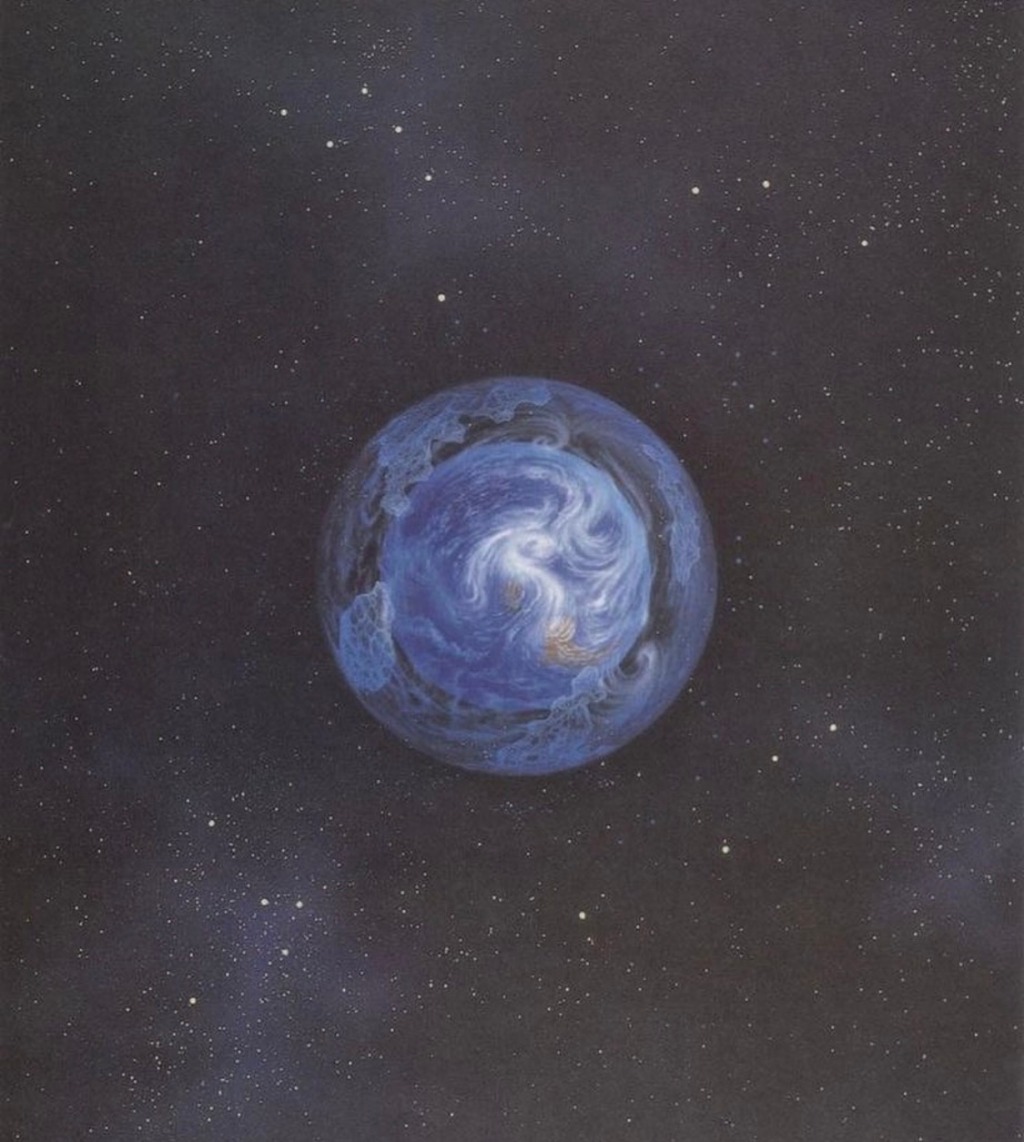In the virtual class I am taking, we read about Max-Neef's theory on human needs, in which he delineates the difference between needs and satisfiers. Basically, he says that all human needs across history and across cultural lines are the same, but the ways in which people satisfy those needs differ. He says that there can be satisfiers that are synergistically capable of satisfying multiple needs at once, and these are the best sorts of satisfiers.
The universal human needs he lists are: Subsistence, Protection, Affection, Understanding, Participation, Creation, Identity, and Freedom. For example, "food" is not a human need, but rather it is a satisfier that satisfies our need to subsist. When you analyze the dominant society through this lens of needs and satisfiers, you come to realize how wastefully our society is constructed and how poorly it satisfies our needs.
The two categories that require the most money to satisfy are subsistence and protection. We would satisfy these with things like food, housing, clothing, running water, electricity, etc. The remaining six categories are things we can primarily satisfy in non-monetary ways, and six out of eight is three fourths of all of our needs. Yet when we consider how society is structured, we spend most of our waking hours (40+ hours for most people) working at a job that most likely isn't really necessary in order to earn enough to satisfy that other one fourth of our needs. A system in which we have to spend most of our time doing something that doesn't really contribute to the collective wellbeing in order to satisfy just a quarter of our human needs while being forced to let the other three fourths languish is not a system that makes any sense.
If we guaranteed universal free access to housing, food, and other things that satisfy our subsistence and protection needs, imagine how different the world would be. We could spend almost all of our time fulfilling the other three quarters of our needs as well as the needs of others. It costs almost nothing for the government to provide universal basic goods and services to all people. The choice not to do so is a policy choice, and it is only done in order for a handful of people to control the vast majority of monetary wealth, resources, and means of production. Why do we accept such a world when an almost inconceivably better world is not only possible but costs less?
